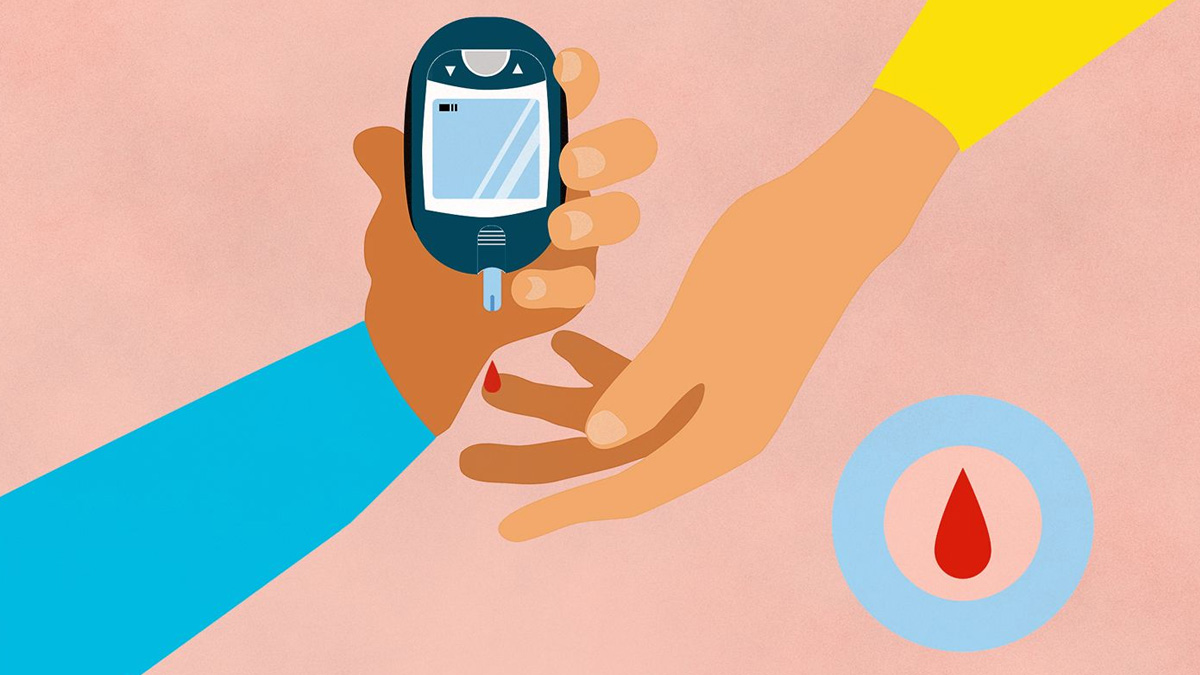
Delhi Chief Minister Arvind Kejriwal's recent health decline has raised concerns among the public, particularly regarding the sudden drop in his blood sugar levels while in the custody of the Enforcement Directorate (ED). As per AAP sources, Kejriwal, who suffers from diabetes, experienced a significant decrease in his blood sugar levels, reaching a critical point of 46 mg/dL, a condition deemed precarious by medical professionals.
Table of Content:-
Deteriorating Health Amidst Custodial Concerns
Kejriwal's deteriorating health condition, exacerbated by fluctuating blood sugar levels, has prompted apprehension within his family and political circle. His wife, Sunita Kejriwal, expressed worry about his health status, citing the escalating severity of his diabetes and unstable sugar levels. Despite these challenges, she acknowledged his resilient spirit and urged people to pray for his recovery.
Understanding Hypoglycemia

As per Dr Manish Itolikar, Consultant Physician, Fortis Hospital, Mulund, hypoglycemia, characterized by low blood sugar levels, poses a significant risk to individuals, particularly those undergoing diabetes treatment. While it commonly affects diabetes patients, various medications and conditions can induce hypoglycemia in non-diabetic individuals as well.
Recognizing Symptoms of Hypoglycemia
Symptoms of hypoglycemia manifest in various ways, including shakiness, sweating, headache, hunger, irregular heartbeat, fatigue, irritability, difficulty concentrating, dizziness, and numbness. Severe hypoglycemia can lead to loss of consciousness, seizures, and other life-threatening complications.
Causes of Hypoglycemia
In individuals with diabetes, hypoglycemia can result from an excess of insulin or other diabetes medications, inadequate food intake, or increased physical activity. However, hypoglycemia can also occur in non-diabetic individuals due to various factors such as certain medications, excessive alcohol consumption, critical illnesses, long-term starvation, insulin overproduction, or hormone deficiencies.
Blood Sugar Regulation and Diabetes
In individuals with diabetes, impaired insulin production or responsiveness leads to elevated blood sugar levels. Consequently, medications prescribed to manage diabetes may inadvertently lower blood sugar levels excessively, causing hypoglycemia. Factors such as dietary changes and increased physical activity can further influence blood sugar regulation in diabetic patients.
Preventing Hypoglycemia
For individuals with diabetes, following a comprehensive management plan, including regular monitoring of blood sugar levels and understanding the signs of hypoglycemia, is essential. Having fast-acting carbohydrates on hand, using continuous glucose monitors, and integrating insulin pumps with CGMs can help prevent episodes of low blood sugar.
For those without diabetes experiencing recurring episodes of hypoglycemia, eating frequent small meals throughout the day can help stabilize blood sugar levels temporarily. However, it is crucial to work with a healthcare provider to identify and address the underlying cause of hypoglycemia for long-term management.
The Bottom Line
Arvind Kejriwal's recent health complications underscore the importance of understanding and addressing hypoglycemia, particularly among individuals with diabetes. Timely intervention, vigilant monitoring, and collaborative efforts between healthcare providers and patients are crucial in managing and preventing the adverse effects of fluctuating blood sugar levels. As concerns persist regarding Kejriwal's health, concerted efforts are imperative to ensure his well-being and recovery.
Also watch this video
How we keep this article up to date:
We work with experts and keep a close eye on the latest in health and wellness. Whenever there is a new research or helpful information, we update our articles with accurate and useful advice.
Current Version